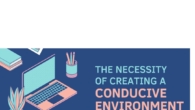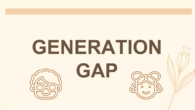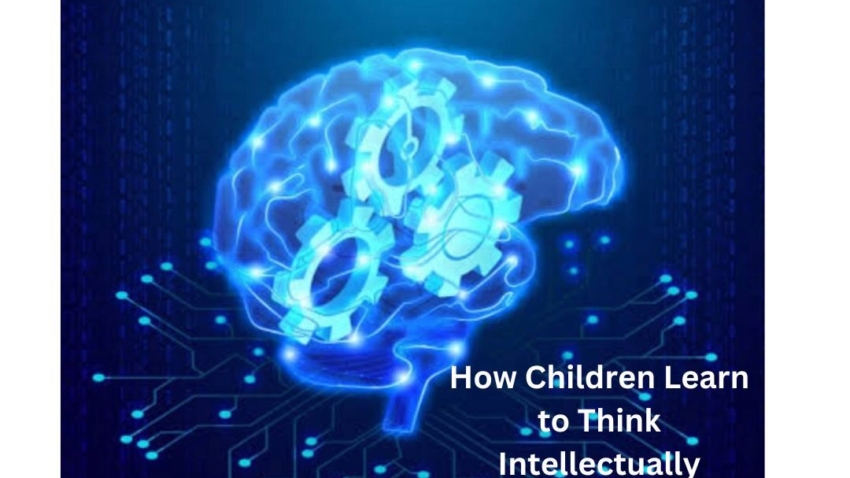
How Children Learn to Think Intellectually
“Intellectual growth should begin at birth and end only when a person dies.”
Leonardo da Vinci
Being smart means being able to adapt to new conditions. When something is new and there are no reflexes to fall back on, the person has to look for something new. Several types of study have shown that 90% of the brain develops by the time a child is six years old. Early childhood is when people learn the basics that will help them learn more.
For the first five years of their lives, kids grow and develop quickly in four important areas:
- physical motor
- words and talking to people,
- mind-based and
- emotional and social.
Intellectual development is the changes that happen in the way people think, reason, relate, judge, conceptualise, and so on as they grow and gain experience. These are the changes that kids go through as they grow up intellectually. Cognitive growth is how kids think, learn, and discover new things. Basically, what helps kids think about and understand the world around them is getting better at learning facts, abilities, how to solve problems, and attitudes. The process by which a child learns to think and reason is called cognitive growth. This change takes place in different ways between the ages of 6 and 12 and 12 and 18.
Kids between the ages of 6 and 12 learn how to think about things that can be touched. The name for these is “concrete operations.”
When kids are young, they not only grow physically, but their minds also grow quickly. They keep getting better at watching and interacting with the world around them. Even babies and toddlers form implicit ideas to make sense of how things work and why people act the way they do. In the future, these ideas will help us understand the physical and social worlds better and build the basis for cause learning.
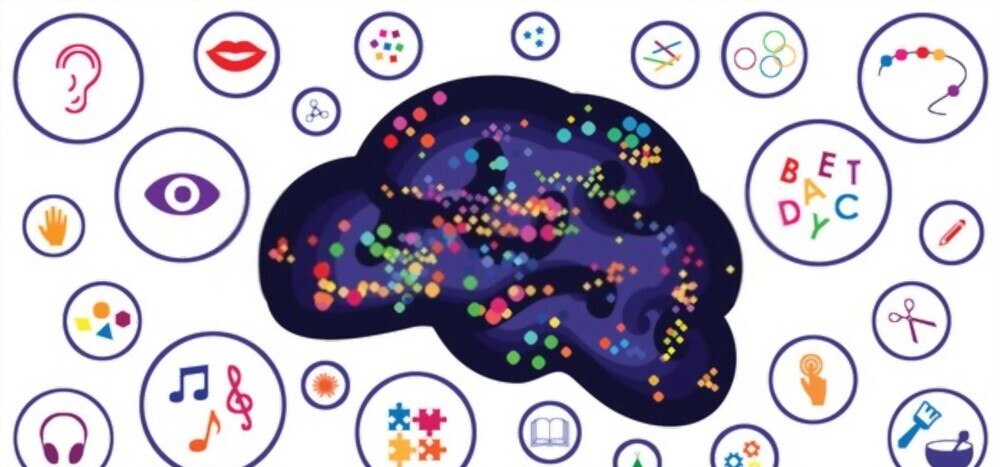
Learning is the key to intellectual growth. It’s about how people stack their ideas, thoughts, and minds to make sense of the world they live in. These are the main areas of brain growth:
Language development helps us put our ideas in order and understand the world around us. The ability to ask questions and build on easy ideas is helpful for everyone. Language development relies on how the child normally grows and learns, as well as on how much time they have to play with and use language. People need to be able to talk to each other, and language is the tool that makes this possible. Kids learn 10 or more words every day. By age six, the average child knows 55 words at 16 months, 225 words at 23 months, and almost 6,000 words by age six. Around the age of two, a child’s vocabulary might range from no words at all to more than 500. Children who arrive at school with low language abilities require immediate assistance.
Cognitive development is the study of how our brains function and how we organize our thoughts to make sense of the environment.How a child grows and learns, the toys and activities available to them, and what they do and see all influence their cognitive development. Imagination is a component of cognitive development. It requires being able to see things that do not exist. Children use their imagination to play pretend, tell stories, draw, paint, read, build things, and dress up.
Reading is an important way to learn new things. When a baby is born, it is immediately exposed to a world full of words and signs. To read, you need to be able to recognise, understand, and evaluate hundreds of different symbols and how they are put together to make words. The steps are slow and follow a routine.
- figuring out a picture,
- putting together a letter symbol and a picture sign,
- figuring out how to put the letters together to make a picture.
Parents and school both play big roles in a child’s brain growth. The parent’s job is to watch, talk to, and spend time with their child and give them chances. Parents also help their kids learn and grow by exposing them to new things and taking them to fun places or giving them a variety of things to use at home, like toys, books, and household items.
Also, schools are very important for kids’ overall growth in every way. Kids’ mental and emotional growth and development are helped by schools, which offer an organised way to learn. The school has an impact on how well kids do in school and how much they learn about reading, math, and science.School is an essential element of a child’s life. Delhi International School is one of these institutions. Its purpose is to develop pupils with global perspectives and hearts.
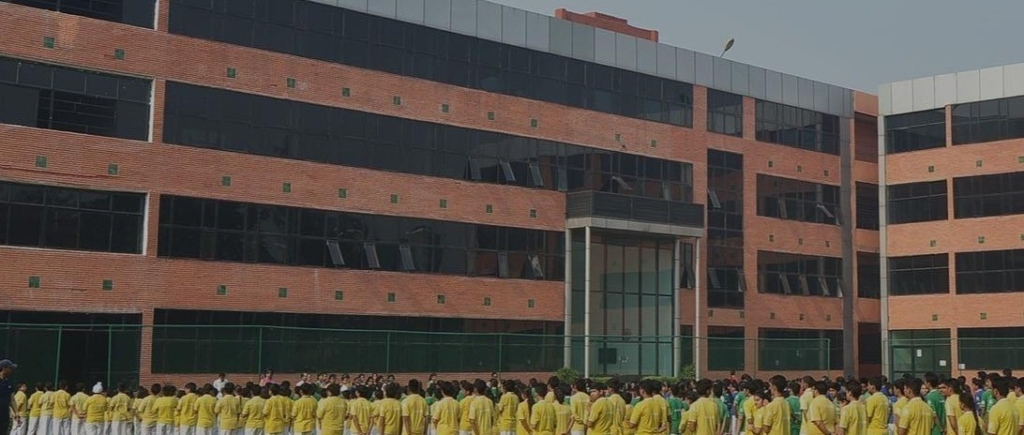
Delhi International School
As usual, the school strives to provide students with opportunities and experiences that enable them to consider and act on values with a worldwide impact. Delhi International School puts a lot of stress on inclusive education so that every child can grow in their skills. This school teaches a lot of different skills that help their students learn everything well, from
- Working Together
- The Conversation
- Ideas and imagination
- Think critically
- Making things up
- Knowing how to use technology
- Being the
- Insights, Uses, and Reflections
Attention span, understanding information, reasoning, learning, remembering, problem-solving, and thinking are just a few of the important mental skills that children grow from birth until they become adults. Knowing about this area of growth can help you figure out how well your kids can use logic at different ages.
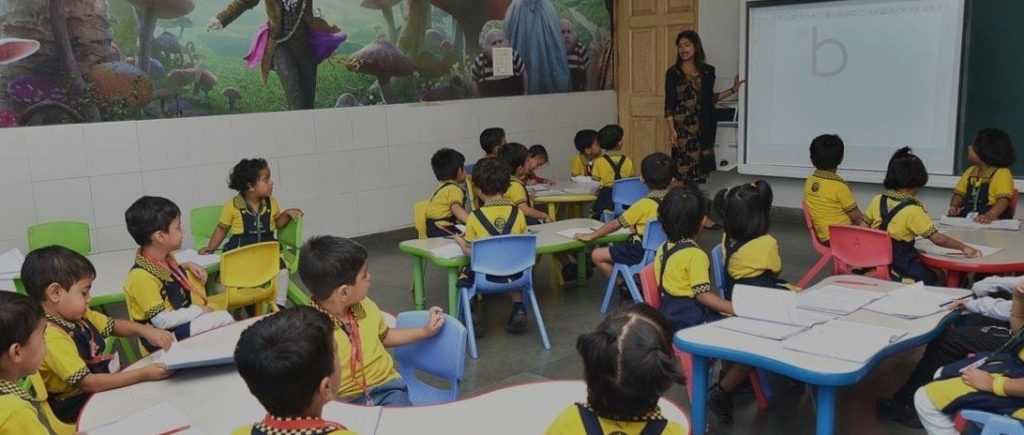
Here are some things you can do to help your kids grow intellectually:
Learn how to solve problems.
Teaching your children how to solve problems when they are young can be very helpful to them throughout their lives. They can play puzzles, board games, and brain games with you. Encourage them to come up with their own thoughts while you wait and listen to them carefully. A good way to improve intellectual skills is to come up with educational tasks for kids, preschoolers, and toddlers.
Pay more attention
Getting your kids and toddlers to pay more attention can be very important for their brain growth. Your kids will pay more or less attention to a task depending on how much they enjoy it. When kids start school, they have to do more organised, repetitive, and academic things like reading and writing. These things need to be fun for them.
Make your memories better.
Memory works in a complicated way. You can help your kids remember things in a number of different ways. You can teach them to remember the order of letters in different words, the names of animals by using the things that make them special, and the names of places by using well-known landmarks. Be a good mom by showing love and care. Use best methods to care for and spoil your children. Our brains are getting bigger very quickly. A 2-year-old’s brain is about 55% of its adult size, and a 6-year-old’s brain is about 90% of its adult size. During childhood (ages 3 to 6), the frontal brains grow very quickly. Remember what we said about the four parts of the brain? The frontal lobes are responsible for planning, reasoning, remembering, and controlling your impulses. This means that by the time kids are old enough for school, they know how to control their actions and attention. The frontal, temporal, occipital, and parietal lobes all get bigger while a child is in grade school. From a very young age, it is important to pay attention to their physical, social, and mental growth.







